mumpsimus
n. a person who obstinately adheres to old ways, particularly in language; an ignorant and bigoted opponent of reform (also a custom so adhered to)
(Thanks, Cindy.)
mumpsimus
n. a person who obstinately adheres to old ways, particularly in language; an ignorant and bigoted opponent of reform (also a custom so adhered to)
(Thanks, Cindy.)
febrifacient
adj. producing fever
The 1895 meeting of the Association of American Physicians saw a sobering report: Abraham Jacobi presented the case of a young man whose temperature had reached 149 degrees.
Nonsense, objected William Henry Welch. Such an observation was impossible. He recalled a similar report in the Journal of the American Medical Association (March 31, 1891) in which a Dr. Galbraith of Omaha had found a temperature of 171 degrees in a young woman.
“I do not undertake to explain in what way deception was practised, but there is no doubt in my mind that there was deception,” he said. “Such temperatures as those recorded in Dr. Galbraith’s and Dr. Jacobi’s cases are far above the temperature of heat rigor of mammalian muscle, and are destructive of the life of animal cells.”
Jacobi defended himself: Perhaps medicine simply hadn’t developed a theory to account for such things. But another physician told Welch that Galbraith’s case at least had a perfectly satisfactory explanation — another doctor had caught her in “the old-fashioned trick of heating the thermometer by a hot bottle in the bed.”
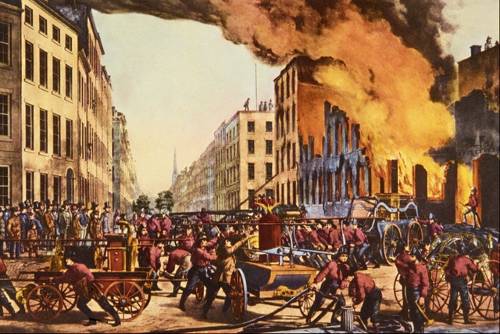
opitulate
v. to help or aid
subvene
v. to come to the aid of
adjutorious
adj. helpful
deoppilate
v. to remove obstructions
adjuvant
n. a person who helps or provides aid
juise
n. judgment; a judicial sentence; penalty
William Vodden had a particularly bad day in 1853. He was on trial in Wales for larceny, and the jury foreman delivered a verdict of not guilty. The chairman discharged Vodden, but then there was a stir among the jurors, who said they had intended a verdict of guilty.
Vodden objected and appealed the case, but Chief Baron Pollock decided that “What happened was a daily occurrence in the ordinary transactions of life, namely that a mistake was made but then corrected within a reasonable time, and on the very spot on which it was made.” Vodden got two months’ hard labor.
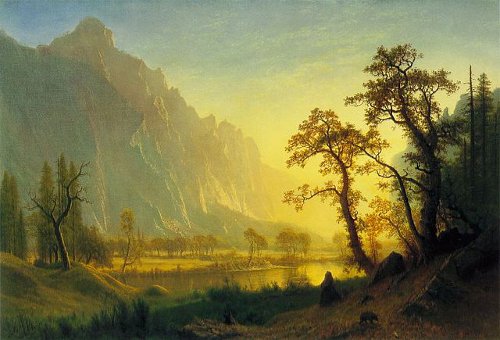
nychthemeron
n. a period of 24 consecutive hours
noctidial
adj. lasting for or comprising a night and a day
imbonity
n. the reverse of goodness; unkindness
nocument
n. harm, damage; evil
impenitible
adj. incapable of repentance
illachrymable
adj. incapable of weeping
sottisier
n. a list of written stupidities
Unfortunate lines in poetry, collected in D.B. Wyndham Lewis’ The Stuffed Owl, 1930:
In The Razor’s Edge, Larry Darrell says, “The dead look so terribly dead when they’re dead.” Isabel asks, “What do you mean exactly?” He says, “Just that.”
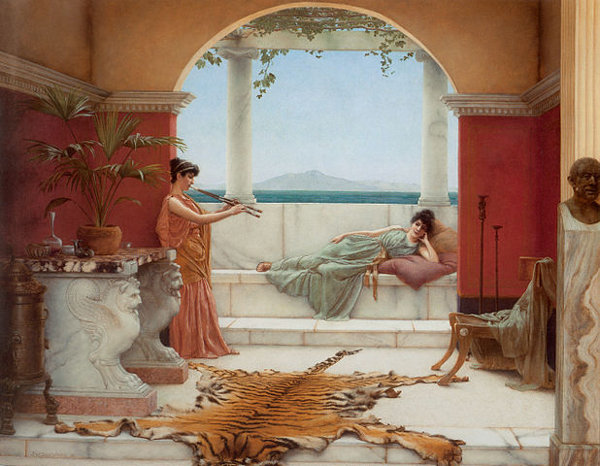
meridiation
n. a midday rest
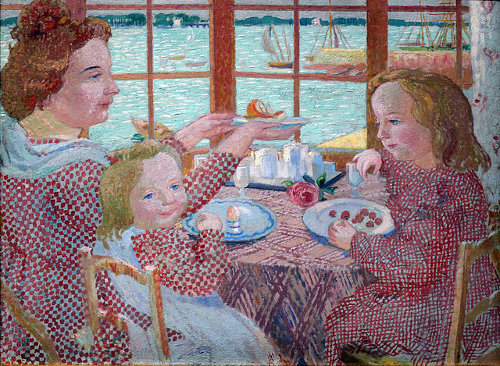
jentation
n. breakfast
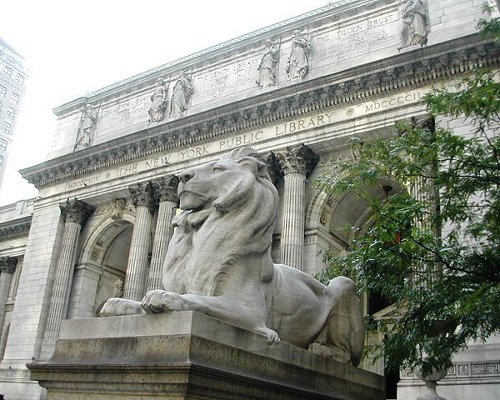
jubate
adj. having a mane
Oliver Herford said that at the New York Public Library one “learned the meaning of the expression ‘reading between the lions.'”